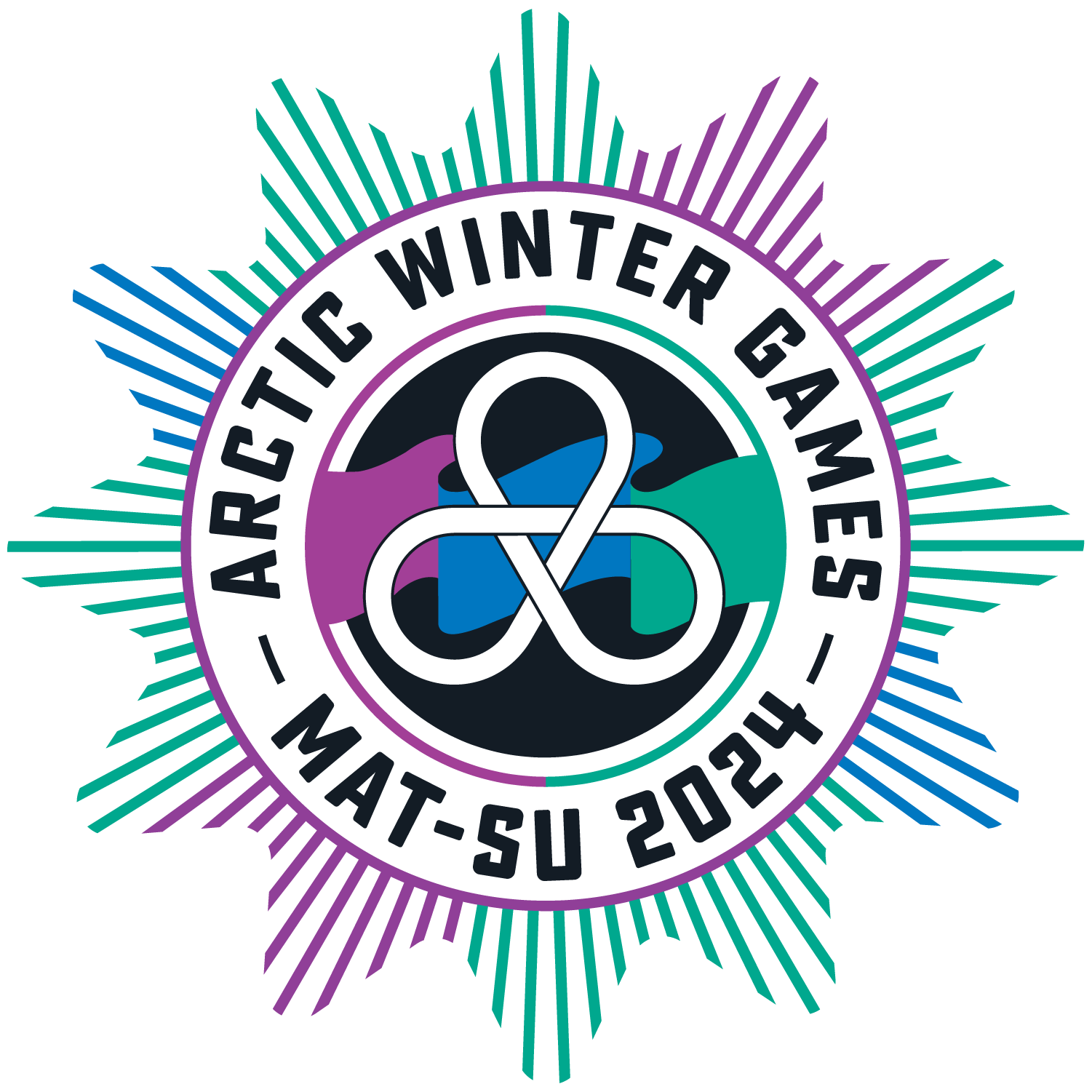
Sustainability plan
The goal of the Sustainability Committee is to make adjustments that allow the Mat-Su 2024 Arctic Winter Games to reduce waste and the Games carbon footprint where possible. The Committee plans to accomplish this through partnerships with local recycling and composting programs, making sustainable purchases, streamlining shipping, and promoting donations to Alaskan nonprofits that work on climate change impacts.
Our Solution
The Mat-Su 2024 Arctic Winter Games share the challenge of a substantial carbon footprint with other major international events. Extensive travel, both by air and ground, is unavoidable for participants and attendees. To mitigate this impact, the Committee suggests supporting local (Alaskan) projects and nonprofits through donations.

Our Solution
The Mat-Su 2024 Arctic Winter Games are in good company with other large, international events, in having a sizable carbon footprint that is difficult to address. There is no escaping the need to travel long distances, mostly by air, but also by ground, to get to the Games and during the event itself. In an effort to still make an impact in this space, the Committee is recommending that donations be made to local (Alaskan) projects and non-profits.

The Juneau Carbon Reduction Fund which uses donations to assist families in transitioning away from heating with oil, to heating with efficient electric heat produced by renewable sources.
Alaska Just Transition or any of the organizations in their Collective . They are a Native-led organization dedicated to seeking solutions for "our communities as we transition toward healthy, regenerative economies that already exist within the foundation of Indigenous cultures."
The Gwich'in Steering Committee is an organization that works to "protect the Arctic National Wildlife Refuge-Coastal Plain, the Porcupine Caribou Herd, and the Gwich’in Way of life."
Renewable Energy Alaska Project, which is a statewide nonprofit working in education, community energy support, workforce development, and policy.
During the planning process, certain areas have been identified as conducive to making small yet impactful changes, even if the cost to the Host Society is higher. Here are some examples of the implemented plans!
.01
Elimination of single-use water bottles where possible and providing reusable water bottles to all volunteers and participants
.02
Providing water bottle refilling stations at villages as well as at event venues
.03
Reducing or eliminating single-use food ware by purchasing reusable dishes and cups and using compostable materials where single use is needed
.04
Composting food waste generated at villages and providing to local farmers
.05
Organizing sack lunches to be distributed in coolers instead of single-use containers
.06
Donating prepared food to local nonprofits
.07
Collecting recyclable materials at villages and event venues
.07
Designating volunteers to serve as monitors for waste streams to ensure recycling and composting is happening where intended
Legacy Projects
Additionally, the Committee looked at ways we could promote legacy projects. Some of the ideas have included :
-
Designing our signage using AWG colors only, where possible, allowing that signage to be used by multiple Games
-
Designing larger items (e.g. pop-up tent) with the AWGIC logo for use by multiple Games
-
Providing much of our content digitally, thereby making it easier for Games to access and reuse marketing materials and other content where appropriate


The Juneau Carbon Reduction Fund which uses donations to assist families in transitioning away from heating with oil, to heating with efficient electric heat produced by renewable sources.
Alaska Just Transition or any of the organizations in their Collective . They are a Native-led organization dedicated to seeking solutions for "our communities as we transition toward healthy, regenerative economies that already exist within the foundation of Indigenous cultures."
The Gwich'in Steering Committee is an organization that works to "protect the Arctic National Wildlife Refuge-Coastal Plain, the Porcupine Caribou Herd and the Gwich’in Way of life."
Renewable Energy Alaska Project , which is a statewide nonprofit working in education, community energy support, workforce development, and policy.
Legacy Projects
Additionally, the Committee looked at ways we could promote legacy projects. Some of the ideas have included :
-
Designing our signage using AWG colors only, where possible, allowing that signage to be used by multiple Games
-
Designing larger items (e.g. pop-up tent) with the AWGIC logo for use by multiple Games
-
Providing much of our content digitally, thereby making it easier for Games to access and reuse marketing materials and other content where appropriate
